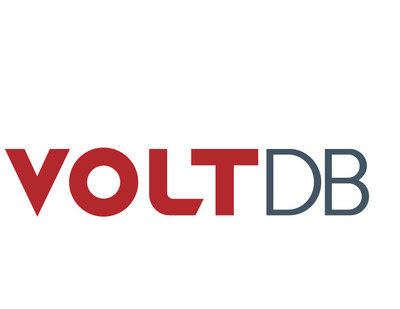Combining Layout International’s NewsPublish and Sophi.io’s smart AI and ML engine reduces the hours long process of print laydown to just minutes
TORONTO, June 10, 2021 (GLOBE NEWSWIRE) — Sophi.io, a suite of AI-powered optimization, prediction and automation tools developed by The Globe and Mail, has partnered with Layout International, a supplier of cutting-edge enterprise technology, to transform print production. Sophi will provide the smart AI/ML technology to fully automate the end-to-end print production workflow to save publishers time and money and enable them to focus on creating high quality content.
Print laydown is typically a long and arduous process, involving multiple editors and page designers and taking hours to complete. Without the rigid constraints of a template, Layout International customers will now have the opportunity to create a print-ready paper that is indecipherable from a paper prepared by human page designers, and the entire process takes just minutes. And for Layout International’s over 200 customers, this partnership means seamless integration of Sophi into their current NewsPublish editorial workflow.
“We’re excited that working with Sophi.io enables us to offer our customers cutting edge new capabilities in the form of an end-to-end automated print solution that dramatically increases efficiencies. Our customers will be able to run and rerun their print paper in just minutes, whenever they chose, all within the NewsPublish Enterprise content management system that they already use daily,” said Jean-Michel Habis, CEO of Layout International.
The Sophi suite of tools is designed to identify an organization’s most valuable content (not the most popular content, but the content that drives conversions or retention or the metric that matters most to that organization) and place it in the most valuable places across their digital entities, or behind a paywall when the subscription revenue outweighs the predicted advertising revenue. In addition to NewsPublish powered by Sophi.io, Sophi provides site automation, a fully dynamic, real-time, personalized paywall, and analytics solutions to publishers across the world.
“Print laydown is a massive undertaking,” said Greg Doufas, Chief Technology Officer at The Globe and Mail. “We see this partnership with Layout International giving publishers the freedom to focus on content creation and the specific design elements that page designers want to spend their energy on. The best part is that NewsPublish powered by Sophi.io is getting better and smarter every day, so Layout International customers will always be on the cutting edge of technology with this solution.”
To learn more, please visit www.newspublish.org or email sales@layoutintl.com.
About Layout International
Layout International (www.layoutintl.com) meets the growing technological needs in the market by providing highly customizable enterprise solutions. They serve more than 200 clients, supplying them with cutting-edge technology to improve the way they work. They enable many organizations to digitally transform their processes, migrate and integrate to work on a single platform.
Layout International Media Contact
Ghassan Halawi
Vice President of Sales, Layout International
+961 70 855685
ghalawi@layoutintl.com
About Sophi.io
Sophi.io (https://www.sophi.io) is a suite of AI-powered optimization and prediction tools that helps content publishers make important strategic and tactical decisions. Sophi solutions range from Sophi Site Automation and Sophi for Paywalls to Sophi Analytics, a decision-support system for content publishers. Sophi is designed to improve the metrics that matter most to your business, such as subscriber retention and acquisition, engagement, recency, frequency and volume.
Sophi.io Media Contact Jamie Rubenovitch Head of Marketing, Sophi.io The Globe and Mail 416-585-3355 jrubenovitch@globeandmail.com


